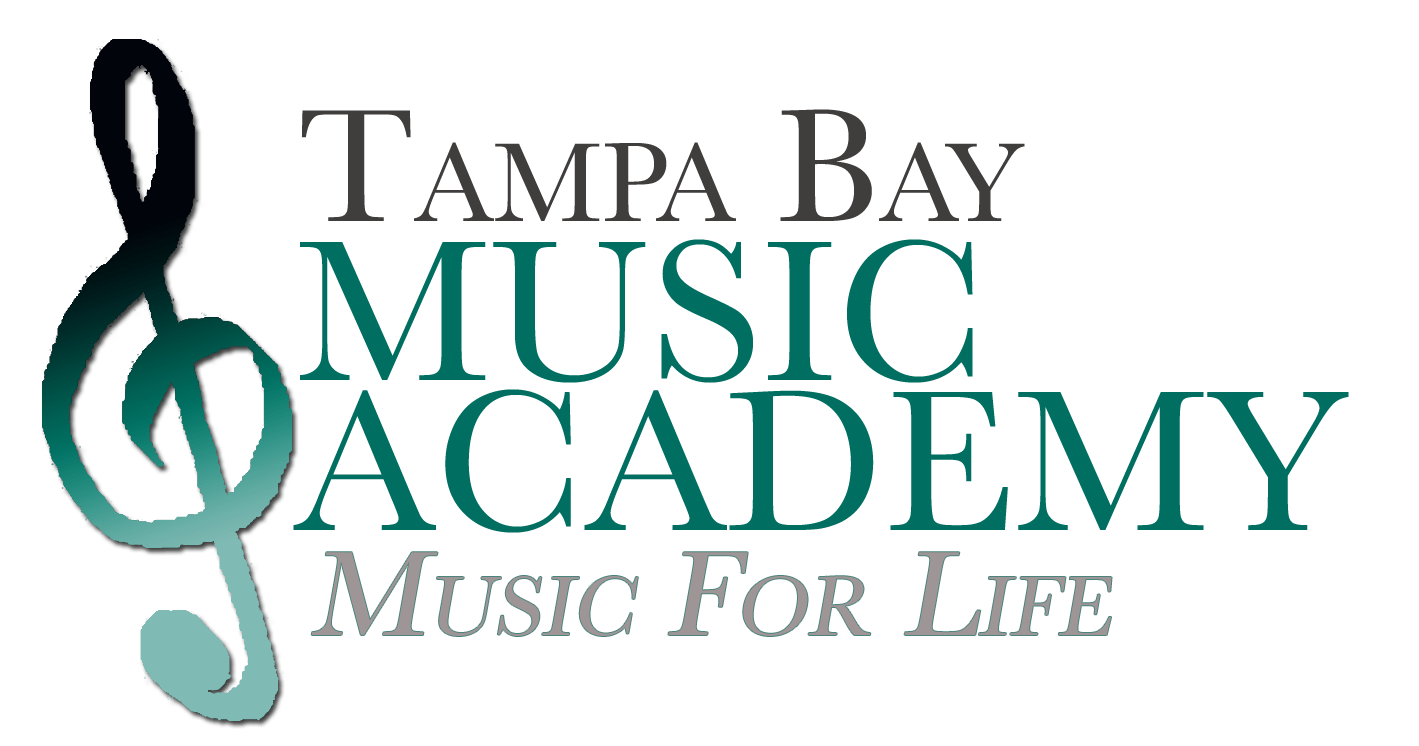
Most students in a general music class will roll their eyes if you even dare to mention giving them a music theory worksheet. There is no need for them to feel apprehensive about music theory, and feel it really isn’t for them, as music theory should not be difficult for anyone. Music Theory is really quite an easy thing to master, if approached in the right way.
Firstly, always relate the music theory to something practical on the students instrument. If you are thinking about music in a practical way it will really help the students understanding.
It is very important that music is treated as primarily a practical subject. Developing musicians need to both improve their practical skill on the instrument and develop the concepts in their mind simultaneously throughout their development.
The worksheets that they are working on should always relate to their practical work. It is silly for example to teach a guitarist or drummer how to analyse a Mozart Flute concerto. They will likely not engage in the activity, and thus become bored and perhaps disruptive to the class. An activity where the guitarist and drummer have to analyse the chords of a Van Halen song is far more likely to keep them engaged and interested during the lesson.
I’m not saying that you shouldn’t engage students in a lesson learning about different musical styles – It is very important to improve students sphere of influences, as this will shape them as musicians. However, music theory is one of those areas where the students will get very bored and disruptive if they can’t see an application for what they are learning.
It is also a good idea to keep the music theory worksheets fun by adding in some theory games at the end of the lesson.
There are many games which could potentially help in this area. The games can either be played on an interactive whiteboard, or used on a network of computers.
Hopefully if we can use a couple of these ideas then students will be more engaged and less difficult to manage in the music theory classes.
Kevin Tuck is a music educator of a wide experience, having taught music theory in both his private music studio and in schools. Kevin is now an editor of music theory worksheets and music lesson plans for the Fun Music Company.
Visit our Tampa Bay Music Academy website home for information on finding a music teacher who offers private piano lessons, guitar lessons, saxophone lessons, voice lessons, or music lessons in any other instrument proficiency category. TBMA teachers (piano, guitar, voice, woodwinds, brass, strings, percussion) pride themselves in a reputation for an uncompromising commitment to excellence and special care taken for every student. We remain absolutely committed to providing an outstanding enrollment experience beyond any other in the region. Call us today. We look forward to hearing from you!
